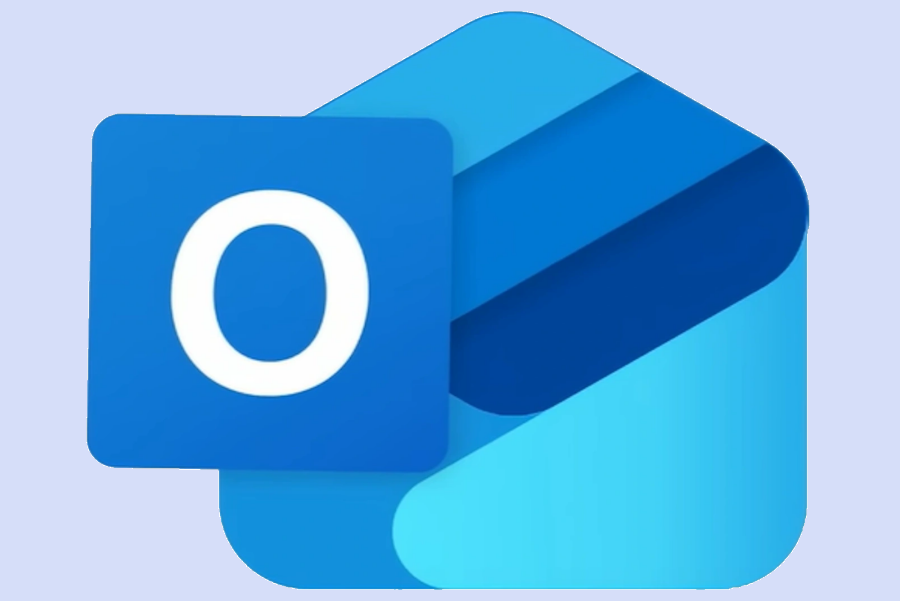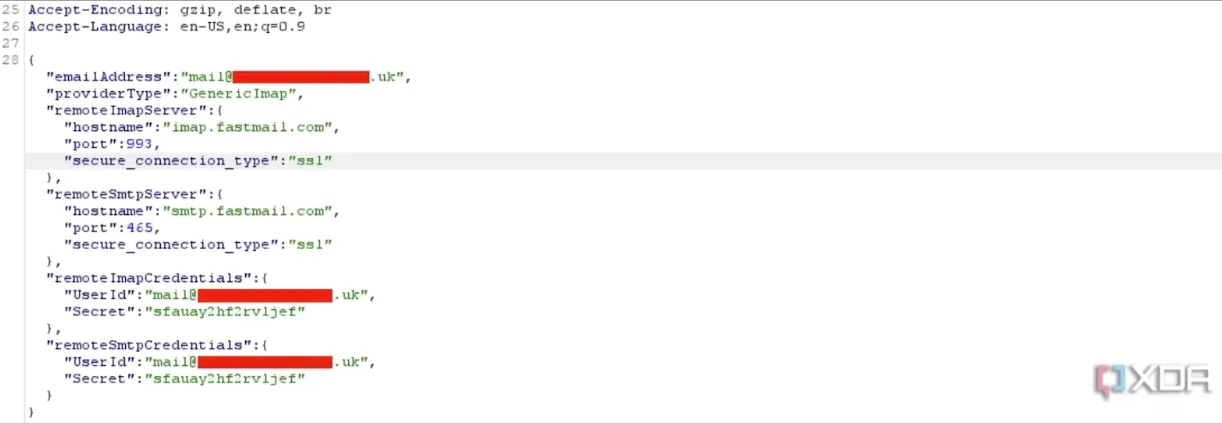With the release of Microsoft's new Outlook for Windows, it appears that the company has turned its email application into a surveillance tool for targeted advertising.
Everyone is talking about her privacy campaigns Google and Apple because they collect your internet data to generate advertising revenue. But now it seems that Microsoft's Outlook is no longer just an email service either. It is a data collection mechanism for Microsoft's 772 external partners and an ad delivery system for Microsoft itself.

Microsoft shares your data with 772 third parties
Some European users who download the new Outlook for Windows will see a modal with a disclosure about how Microsoft and several hundred third parties process their data:
The window informs users that Microsoft and its 772 partners use your data for various purposes, including:
- Store and/or access information on the user's device
- Product development and improvement
- Personalization of ads and content
- They measure ads and content
- They gain audience knowledge
- They receive data about your exact geographic location
- They recognize users through device scanning
This latest version of Outlook confirms that more of the company's profit margins are increasingly dependent on collecting your personal data. Outlook also prompts you to choose how ads appear on your screen, making it clear that advertising is a key part of the deal.
Microsoft's “Advertising Partners”.
Thanks to the EU's General Data Protection Regulation, Europeans are at least being informed that a bunch of third parties will be able to see their data. Americans, due to different privacy laws, are not even informed of what is happening.
In the Outlook settings, users from Europe can see an “List of Advertising Partners”, which shows the alarming number of advertising companies that work with Microsoft. These third party companies – called partners – have names like “ADMAX” and “ADSOCY”.
To some extent, the new Outlook lets you choose how your data is used, but it's not done with a click.
"Depending on the type of data they collect, use and process and other factors" it says on the preferences page for UK users. "Click on each advertising company listed below to view their privacy policy and exercise your choices."
Of course not all Microsoft partners have the same regulations. Users should read each individual privacy policy before making a decision.
Such policies are usually long, strange and difficult to understand. But for many companies, that's the idea. Such policies are deliberately written this way to give companies maximum freedom to do whatever they want with your data. This often means you are selling your personal information to third party advertisers and data brokers without even knowing it because it is written somewhere and you didn't read it.
With the new Outlook, Microsoft is forcing users to read maze-like privacy statements in order to have some control over their data. Of course, Of course Microsoft knows that almost no one reads the privacy policies. If everyone understood these policies, the company's revenue would be at risk.
The new Outlook steals your email password
Microsoft's integration of Outlook with cloud services has raised privacy alarms.
When sync third-party email accounts from services like Yahoo or Gmail with the new Outlook, you may give Microsoft access to the credentials IMAP and SMTP, at messages of your email, contacts, and events related to those accounts, according to German IT blog Heise Online.
"Although Microsoft explains that it is possible to return to the previous applications at any time, the data will be stored by the company," reports Heise. "This allows Microsoft to read your email messages."
You cannot use the new Outlook without syncing all this information to the Microsoft Cloud, since there is only the option to cancel, according to the XDA developers forum. It is also configured to send login information such as usernames and passwords directly to Microsoft's servers.
Although this transfer is secure with TLS, according to Heise Online, the IMAP and SMTP username and password are transmitted to Microsoft in plain text. The XDA forum was able to show the credentials of one essays for a third-party email service provider on Microsoft's servers.

For users unaware of the privacy implications, using the new Outlook may seem harmless.
But Professor Ulrich Kelber, Germany's Federal Commissioner for Data Protection and Freedom of Information, expressed concern about the data collected by the new Outlook. Announced to Mastodon its intention to request a report from the Irish Data Protection Commissioner, who is responsible for ensuring data protection and privacy standards from companies such as Microsoft.
Microsoft has not issued any public response to these criticisms, however, the company's goal is to promote targeted advertising. In 2021, Microsoft Advertising earned $10 billion, but the company wants to double that amount.
What kind of data does Microsoft collect?
In accordance with its advertising policy, Microsoft does not use personal data from emails, chats, or documents to target ads. However, the ads shown may be selected based on other data that gave the company information about you – such as “your interests and favorites, your location, your transactions, how you use its products, your search queries or the content you see.”
A deeper dive into Microsoft's privacy policy shows what personal data it can extract:
- Name and contact information
- passwords
- Demographic data
- Payment data
- Subscription and licensing information
- Search queries
- Device and usage data
- Bug reports and performance data
- Voice data
- Text, ink and typing data
- Pictures
- Location data
- Content
- Reviews and ratings
- Traffic data
The policy offers a look at where your data may end up:
- Service providers
- User-directed entitiesη
- Payment processing providers
- Third parties that perform online advertising services for Microsoft



